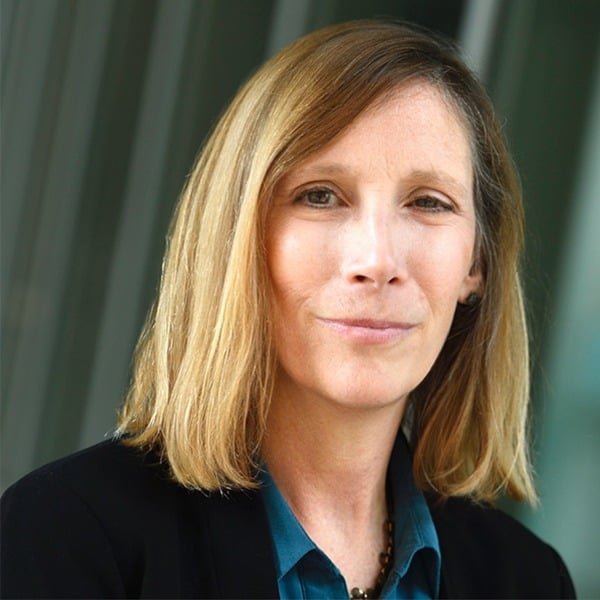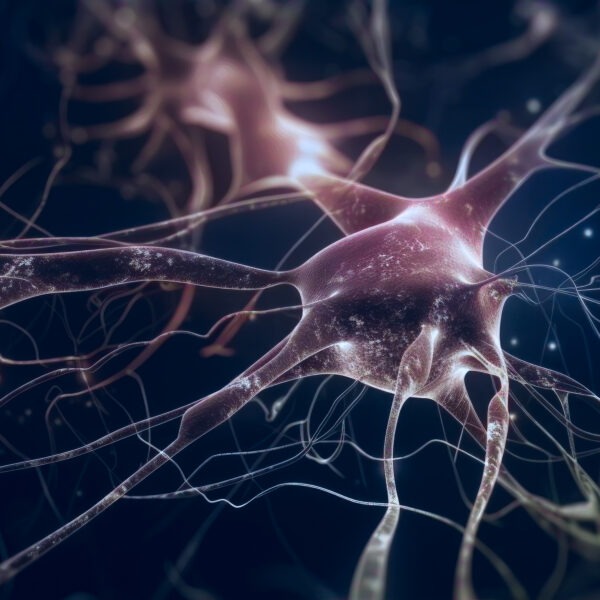Research Interests
Kathleen Cullen is the Raj and Neera Singh Professor of Biomedical Engineering, and professor of Neuroscience and Otolaryngology. She is also the Director of the Johns Hopkins Center for Hearing and Balance and founded the Systems Neuroscience and Neuroengineering Laboratory (SNNL). Her lab employs innovative computational and neurophysiological methodologies to advance our understanding of how the brain encodes and integrates self-motion information, with a focus on translating this knowledge into clinical applications such as neural prosthetics.
Dr. Cullen’s research has three primary objectives:
(1) Fundamental and Computational Neuroscience Research: Understanding how the brain builds predictive models of self-motion to ensure accurate behavior and stable perception. This involves advanced neuronal recording techniques, virtual reality platforms, and manipulation of neuronal populations in the brainstem, cerebellum, thalamus, and cortex. Recent discoveries include how the cerebellum builds predictive models of self-motion got posture maintenance and stable perception.
(2) Neural prosthesis and rehabilitation: Collaborations with neurologists and physical therapists, to establish algorithms for brain computer interfaces (BCI) that convert the output of sensors into patterns of stimulation that can be transmitted through electrodes implanted in the vestibular sensory organs. By using a “biomimetic” approach, to mimic the brain’s encoding of vestibular information, the SNNL has advances prosthetic-driven outcomes, improving the lives of patients with vestibular dysfunction. Additionally, the lab assesses differences in vestibular input experienced by patients and healthy individuals during everyday activities, to inform the development of innovative rehabilitation and behavioral training methods.
(3) Advanced Techniques: The development of transformative neurophysiological, molecular, and genetic approaches to advance basic and clinical research on the vestibular system and self-motion processing pathways. Current experiments combine state-of-the-art molecular techniques with high density neuronal ensemble recording and focal stimulation approaches. The aim is to bridge the gap between genes, neuronal circuits, and behavior, to improve the brain’s ability to compensate following sensory loss.
Dr. Cullen also currently serves as President of the Society for the Neural Control of Movement and on NASA’s Decadal Survey steering committee. She is dedicated to improving diversity in science and has been active on the Scientific Advisory Board of the National Space Biomedical Research Institute. Dr. Cullen is a Section Editor for Neuroscience and Deputy Editor (NeuroEngineering) of Biomedical Engineering Frontiers. She has served on editorial boards of several prestigious journals and has given over 250 national and international lectures. Additionally, she has been a domain expert for media sources like The Washington Post, Scientific American, CNN, and NPR.
Dr. Cullen received a bachelor’s degree in Biomedical Engineering and Neuroscience from Brown University and a PhD in Neuroscience from the University of Chicago. After doctoral studies, Dr. Cullen was a Fellow at the Montreal Neurological Institute in the Department of Neurology and Neurosurgery. In 1994, Dr. Cullen became an assistant professor in the Department of Physiology at McGill University, with appointments in Biomedical Engineering, Neuroscience, and Otolaryngology. In 2002, Cullen was appointed a William Dawson Chair in recognition of her work in Systems Neuroscience / Neural Engineering and served as Director of McGill’s Aerospace Medical Research Unit. Dr. Cullen joined Johns Hopkins BME faculty in 2016.
Titles
- Raj and Neera Singh Professor, Biomedical Engineering
- Professor, Neuroscience
- Professor, Otolaryngology
- Director, Center for Hearing and Balance
- Director, Johns Hopkins Systems Neuroscience and Neuroengineering Laboratory (SNNL)
Affiliated Centers & Institutes
Education
- PhD, Neuroscience, The University of Chicago, 1991
- BS, Neuroscience/Bioelectrical Engineering, Brown University, 1984
Recent Highlights
-
September 10, 2024Hopkins BME researchers were recently featured in several major media outlets, including The Wall Street Journal, The Washington Post, and...
-
August 1, 2024For American gymnast “Simone Biles perfecting something on the beam or on the mat, any sort of in-the-moment correction would be done with vestibular and proprioceptive feedback,” Cullen said in the article. “Everything else, including vision, is just too slow.”
-
March 26, 2024Kathleen Cullen, Andrew Feinberg, Eileen Haase, and Deok-Ho Kim have been honored for outstanding contributions to engineering and medicine research, practice, or education.


